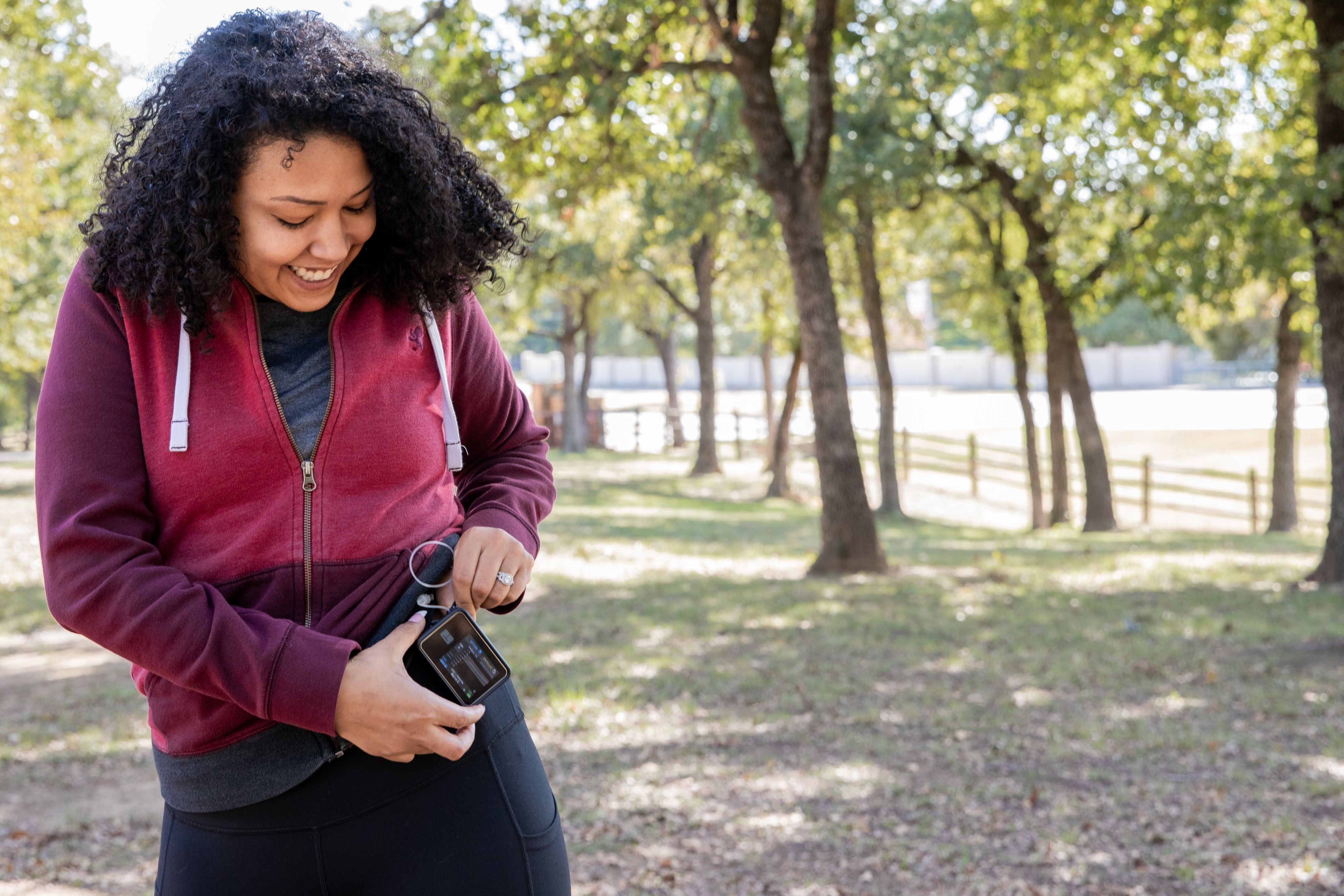Ensuring the voice of primary care is heard
A committee member’s story

Health and care professionals from a wide range of backgrounds work with NICE to produce our recommendations. Sitting on our independent committees, they help to develop and update our guidance. It is only by listening to their unique perspective that we can create advice that is useful and useable for busy health and care staff, making a real difference to patient care.
Dr Teik Goh is a GP at The Garth Surgery in North Yorkshire. Dr Goh outlines his experience of sitting on our medical technologies advisory committee.
"By contributing my knowledge as a generalist and providing a holistic view of the patient journey, I can ensure the voice of frontline primary care is heard."
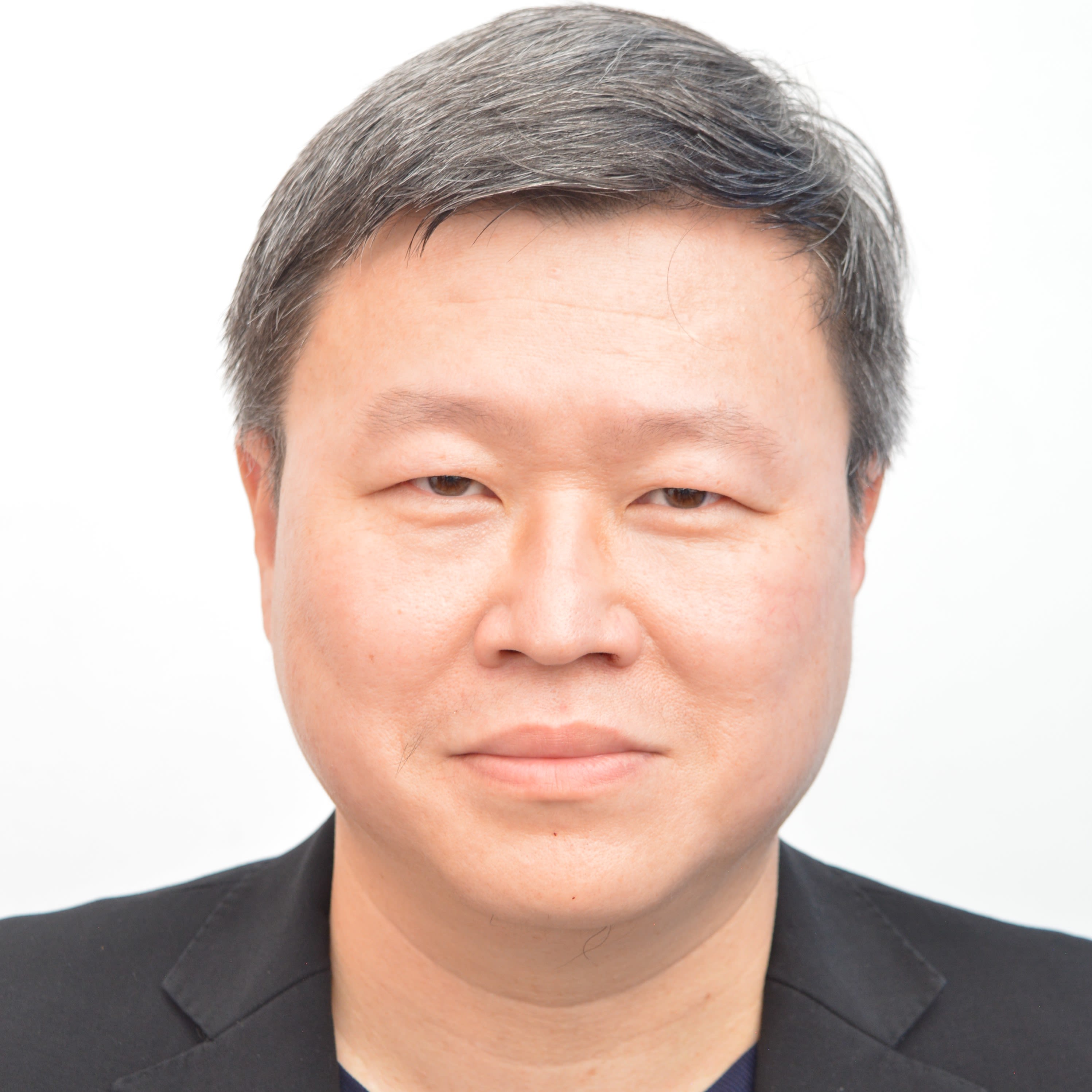
Tell us about your committee
I sit on NICE’s medical technologies advisory committee. We make recommendations on new medical devices for NHS adoption. It’s a standing committee rather than a topic-specific committee. This means we develop guidance on a range of technologies for different conditions.
What 3 words would you use to describe your committee member role?
Stimulating, comprehensive and patient-focussed.
What motivated you to apply?
A criticism sometimes levelled at NICE is that there’s a disconnect between the recommendations and what’s happening on the ground. I thought that rather than complaining about it, I should get involved. By contributing my knowledge as a generalist and providing a holistic view of the patient journey, I can ensure the voice of frontline primary care is heard.
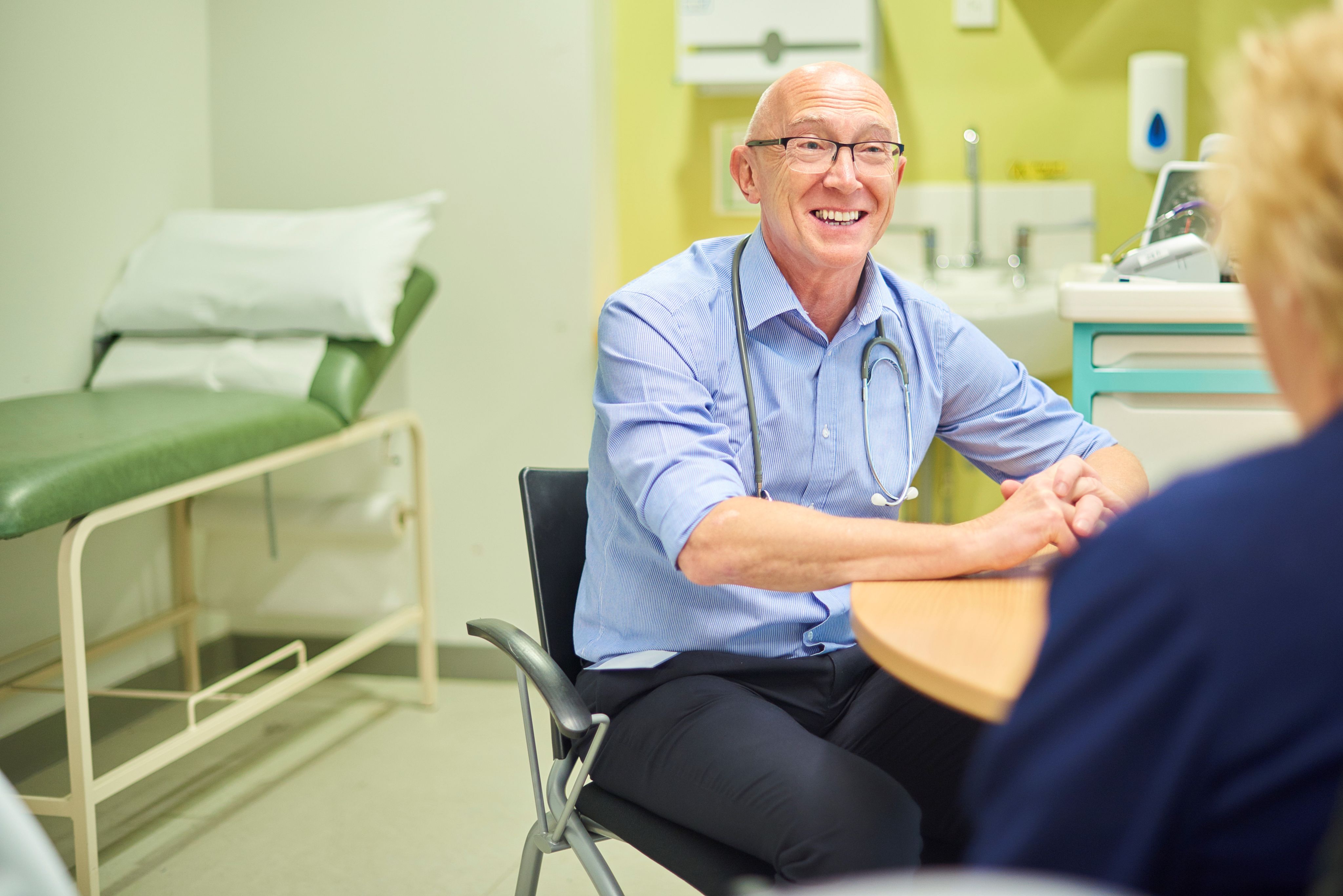
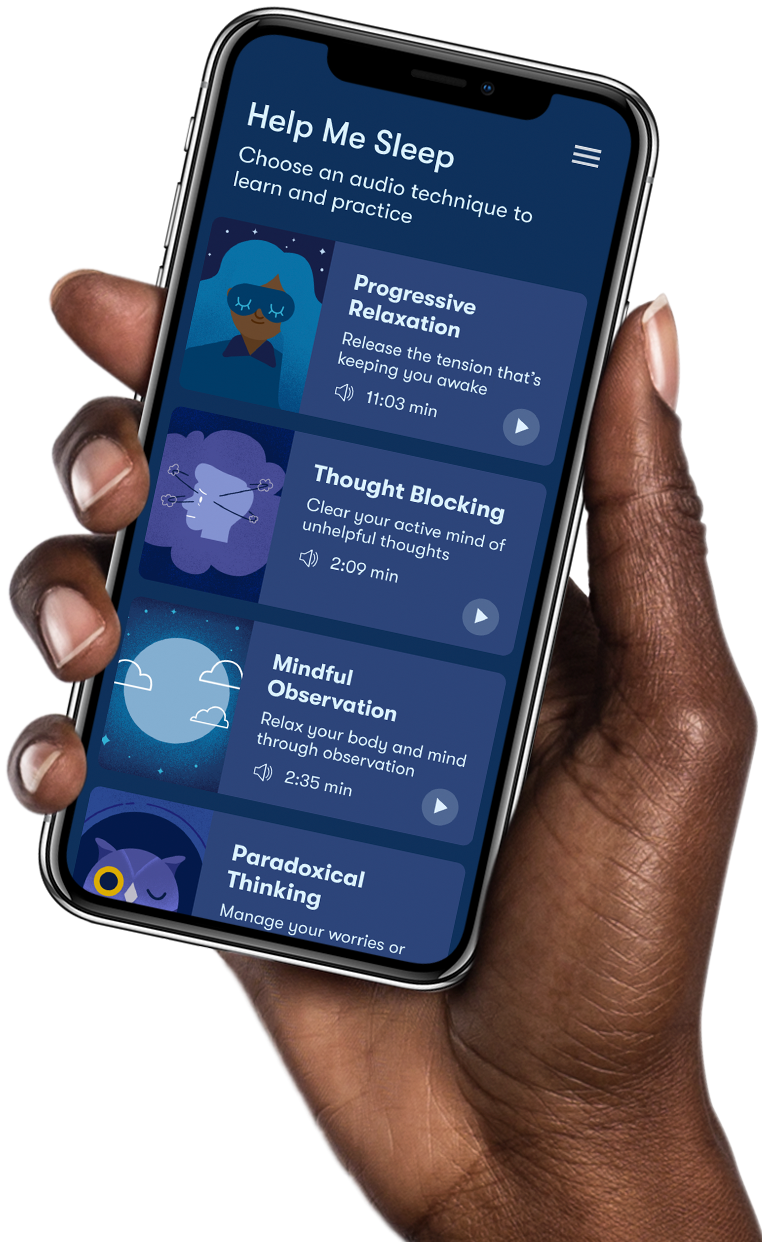
When the committee was evaluating Sleepio, Dr Goh called upon his frontline experience to voice the difficulties patients with sleep problems face.
When the committee was evaluating Sleepio, Dr Goh called upon his frontline experience to voice the difficulties patients with sleep problems face.
How has your input influenced the recommendations being developed?
We evaluated Sleepio to treat insomnia and insomnia symptoms. Sleepio is a web-based self-help programme that treats insomnia using techniques from cognitive behavioural therapy (CBT). Speaking to the committee, I was so passionate because every day I see patients with some form of sleep problem. I witness first-hand the difficulties these patients face. Although there was limited direct evidence of Sleepio’s effectiveness compared with face-to-face CBT, availability of this in-person therapy is limited. I was able to voice the struggles we in primary care face and the potential of this technology to increase the options available to GPs treating insomnia.
What do you like most about your committee member role?
It’s different from my day job. Each month, I learn something new and that excites me.
What surprised you?
The pace the committee works at. Recently, our committee has begun offering even quicker, rapid assessments as part of NICE’s early value assessment pilot for medtech. This new approach is designed to draw in the most promising and impactful medical technologies, where the evidence base is still developing.
What have you learnt?
Sitting on the committee is great for keeping my knowledge fresh and up to date. As part of the evaluation process, I often review the relevant NICE guideline the technology relates to. For example, we recently appraised AposHealth for osteoarthritis of the knee. It’s a specially adapted shoe that redistributes pressure away from affected areas, reducing knee pain. As part of my preparatory work, I re-read the NICE guideline on osteoarthritis. That, together with the in-depth committee discussion, helped to refresh my knowledge in this disease area, improving my day-to-day practice.
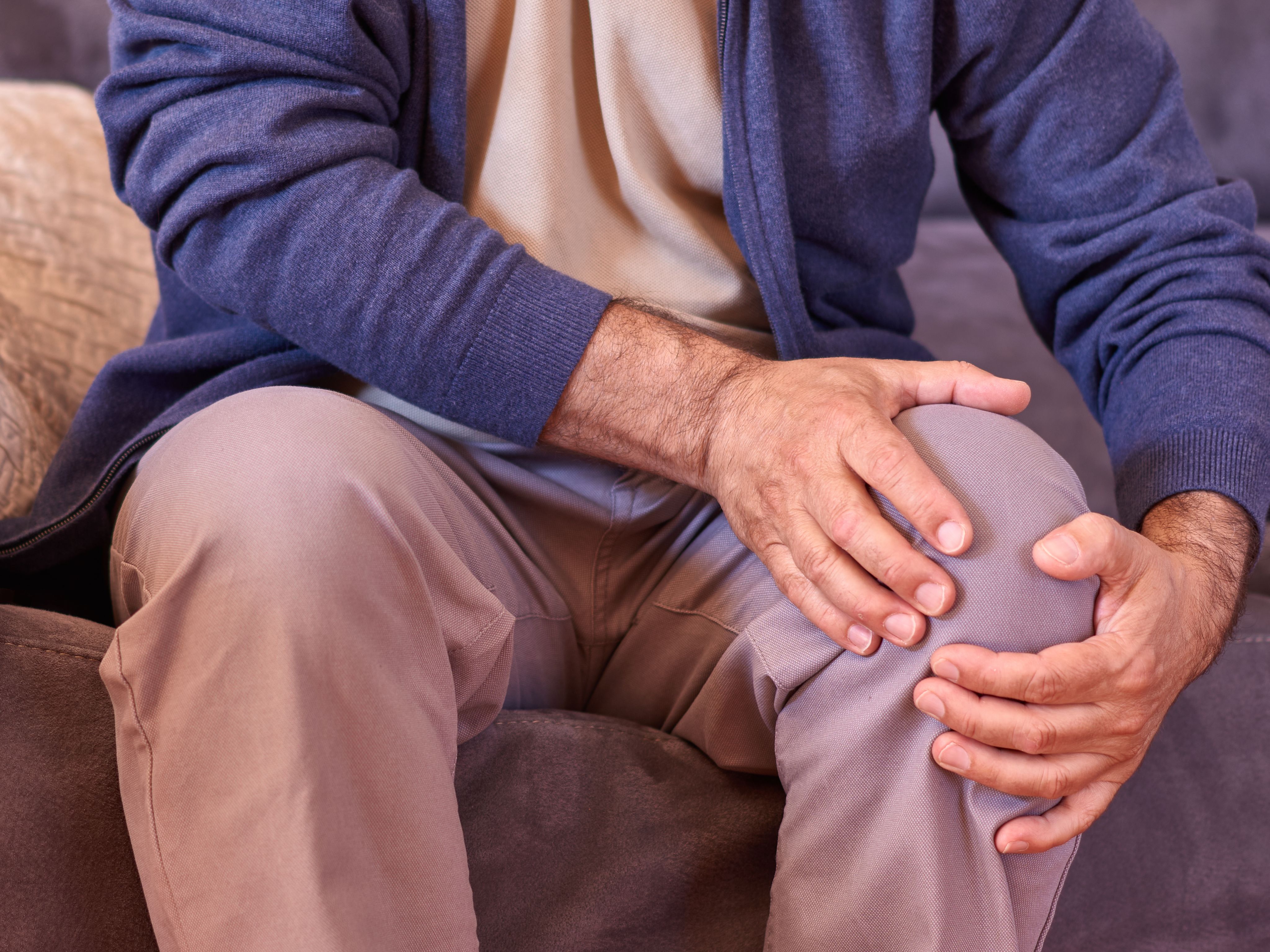
Have there been any challenges?
The technologies we evaluate vary so much from one topic to another. Within a single committee meeting, we can look at 2 or 3 devices that are totally different. Finding the time to prepare is a challenge. But medical devices are the future of healthcare, and my committee role enables me to contribute to that.
What advice would you give to other health and care staff who are considering getting involved in NICE’s work?
I would encourage them to get involved. It’s a great learning experience, fantastic for your own professional development, and you’ll be contributing to improved patient care.
